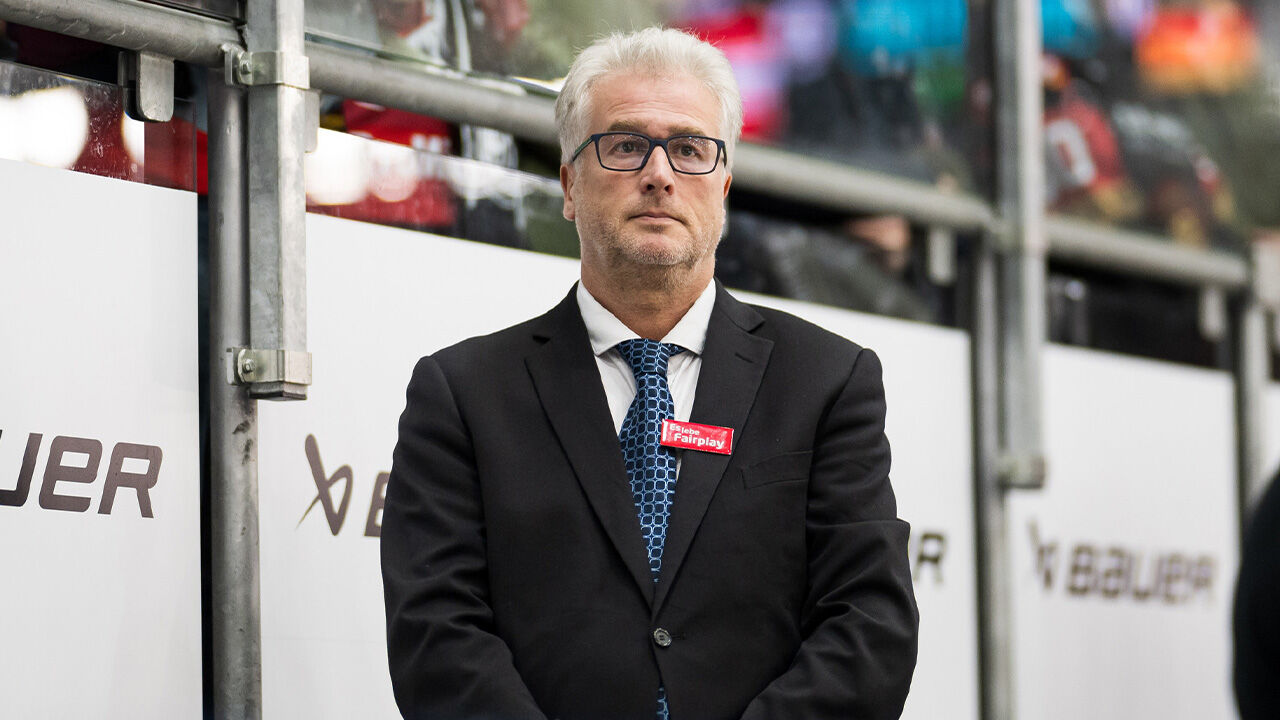Scientists also doubt the existence of life on other planets in the universe. But the likelihood of contact occurring at all is, according to physicist and former astronaut Professor Dr. Ulrich Walter is very low. “Yes. There are some out there, but we will never meet them. You will never come into contact with them yourself. It has to be there,” says Walter, who celebrated his 70th birthday on Friday.
“Logic alone requires it, because there are an almost infinite number of other planets.” But: in other galaxies. Humanity will never be able to travel there. “In fact, you can show that you will never intercept messages from them if they send them to us.”
In our own Milky Way Galaxy – according to Walter, “the part of the universe we have access to” – the probability of the existence of extraterrestrial life or other civilizations is very low. “We're lonelier there. If that's the case, there's only a handful, maybe ten or so, but even then the distances are so great that the signals of others disappear in the galactic noise. A journey is certainly not possible. It would take something like this.” The flights are more than 10,000 years old, even if they are only a few light years away.
Life forms throughout space are likely carbon-based
Water, carbon and energy are requirements for life not only on Earth but also in the universe. “The basis of biological life is everywhere. The improbability lies, first, in the fact that such a planet would have to derive exactly the right amount of energy from another Sun-like star.” The second critical point is that the first cell would then arise from nonliving matter.
Other forms of life cannot be imagined. It has to do with the chemistry of information carriers such as DNA. “There is only one chemical element, silicon, that can build threads of information similar to carbon,” says Walter.
The exact appearance of aliens can vary from planet to planet
However, complex silicon compounds do not have the necessary stability – the most important metabolic product is solid, insoluble silicon dioxide compared to the highly soluble gaseous carbon dioxide. “So silicon can't store that much information, and it doesn't have the right chemical environment,” Walter says.
Walter leaves it open what the “green men” might look like. Like us, they must have nutritional inputs and outputs for necessary metabolism. In biology there are a wide range of variations based on carbon chemistry. “And they are everywhere in space.”

“Alcohol buff. Troublemaker. Introvert. Student. Social media lover. Web ninja. Bacon fan. Reader.”





;Resize=(1200,627)&impolicy=perceptual&quality=mediumHigh&hash=84e9ea8e7bd336e06f1383f54b0f27e9de8b629af2a523564e79cd954947c6b7)
More Stories
Animals: They feel that this has consequences for the handling and conservation of animals
Why is a rooster crowing viewed as a noise nuisance?
Strange pattern in inorganic compounds